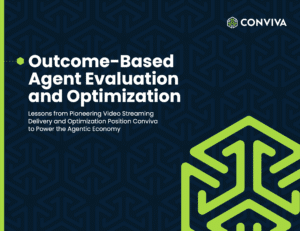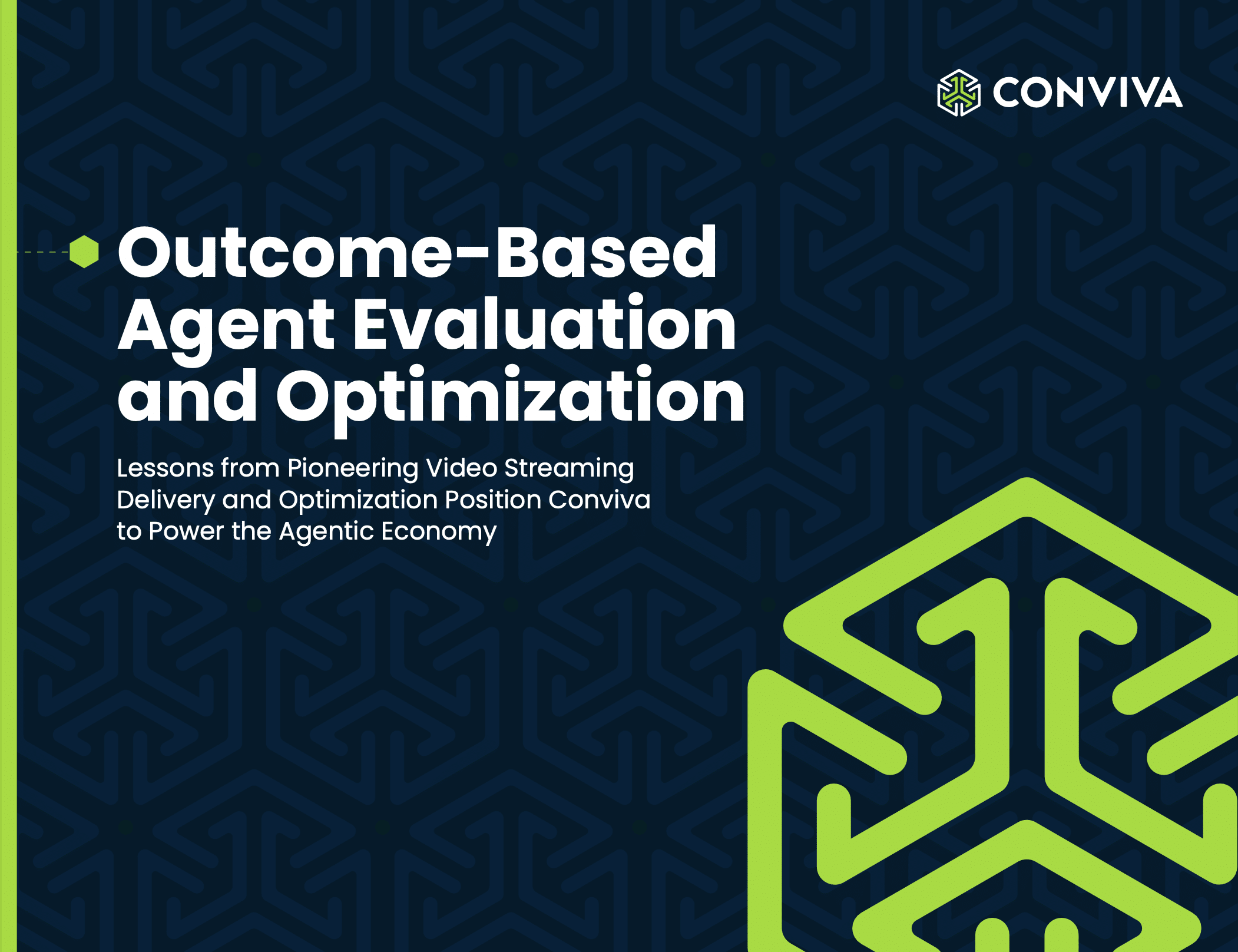Agentic AI refers to artificial intelligence systems that can operate autonomously, make independent decisions, and adapt to changing environments without constant human supervision. Unlike traditional AI that responds to specific inputs, agentic AI systems act as intelligent agents capable of planning, reasoning, and interacting with their surroundings to achieve specific goals.
Why Agentic AI Matters in 2025
Agentic artificial intelligence represents the next evolution of AI technology, enabling more intelligent, context-aware, and goal-driven automation across industries. From autonomous digital assistants to self-managing business workflows and multi-agent environments, agentic AI is transforming how organizations approach intelligent automation.
Core Components of Agentic AI Systems
Autonomous Decision-Making
Agentic AI systems possess the ability to operate independently without continuous human intervention. This includes autonomous decision-making, self-directed goal-setting, and independent action execution based on environmental feedback.
Goal-Oriented Intelligence
These intelligent systems are specifically designed to pursue and achieve defined objectives. They optimize outcomes over time using advanced techniques including strategic planning, continuous feedback loops, and reinforcement learning algorithms.
Advanced Planning and Reasoning Capabilities
Agentic AI systems can evaluate multiple options, forecast potential outcomes, and make strategic decisions that align with their programmed goals. This sophisticated reasoning may involve symbolic logic, decision tree analysis, or probabilistic modeling approaches.
External Tool Integration
Modern agentic AI can seamlessly interact with external tools, APIs, databases, and software systems to extend their operational capabilities and complete increasingly complex tasks across different platforms and environments.
Contextual Memory and State Management
By maintaining detailed memory of past interactions and tracking internal states, agentic AI agents can operate with full continuity and context-awareness, making them more effective in long-term scenarios.
Agentic AI vs Traditional AI Systems
Traditional AI systems are typically task-specific and reactive, responding only to direct inputs. In contrast, agentic AI introduces proactive behavior, autonomous goal pursuit, and adaptive learning capabilities that enable more sophisticated and independent operation.
Key Challenges in Agentic AI Implementation
Scalability and Performance
Managing multiple autonomous AI agents in real-time environments requires robust orchestration, coordination frameworks, and scalable infrastructure to maintain optimal performance.
AI Alignment and Safety
Ensuring that autonomous agents consistently act in ways that align with human values, organizational objectives, and ethical guidelines remains a critical challenge in agentic AI development.
Transparency and Explainability
Understanding and explaining how agentic AI systems make decisions is essential for building trust, ensuring accountability, and meeting regulatory compliance requirements.
Benefits of Implementing Agentic AI
Enhanced Automation: More sophisticated and autonomous task execution
Improved Efficiency: Reduced need for human intervention and oversight
Adaptive Intelligence: Systems that learn and improve from experience
Scalable Solutions: Ability to manage complex, multi-faceted operations
Proactive Problem-Solving: Anticipation and resolution of issues before they escalate
Agentic AI Use Cases and Applications
Business Process Automation
Agentic AI can autonomously manage complex business workflows, from customer service interactions to supply chain optimization and financial analysis.
Digital Assistants and Virtual Agents
Advanced AI assistants that can independently handle multi-step tasks, schedule management, and complex information retrieval without constant user guidance.
Autonomous Systems
Self-driving vehicles, robotic process automation, and IoT device management that can adapt to changing conditions and make independent operational decisions.
Model Context Protocol (MCP)
An open standard that enables AI models to interact with external tools, data sources, and services through a unified, client-server architecture—allowing for real-time, goal-driven, and context-aware decision-making.
Multi-Agent Environments
Collaborative AI systems where multiple agents work together to achieve shared objectives in areas like smart cities, distributed computing, and complex simulation environments.
The Future of Agentic AI Technology
As systems grow increasingly complex and user expectations continue to rise, agentic artificial intelligence offers a clear path toward more adaptive, intelligent, and proactive automation solutions. Organizations building next-generation digital assistants, autonomous workflows, or multi-agent simulations will find agentic AI provides the essential foundation for advanced intelligent systems.
Related AI Technologies and Concepts
Multi-Agent Systems: Networks of multiple autonomous AI agents working collaboratively
Reinforcement Learning: Machine learning approach that enables agents to learn through interaction
Prompt Chaining: Sequential AI reasoning techniques for complex problem-solving
Meta-Cognition: AI systems’ ability to understand and monitor their own thinking processes
Experience-Centric AI: AI systems that learn and adapt based on accumulated experience
Getting Started with Agentic AI
Organizations looking to implement agentic AI should focus on clearly defined use cases, robust testing frameworks, and gradual deployment strategies that allow for continuous learning and optimization of autonomous agent behavior.
Conviva helps the world’s top brands to identify and act on growth opportunities across mobile and web apps, video streaming services, and AI-driven experiences. Our real-time performance analytics platform transforms every customer interaction into actionable insight, connecting experience, engagement, and technical performance to business outcomes. By analyzing client-side session data from all users as it happens, Conviva reveals not just what happened, but how long it lasted and why it mattered—surfacing behavioral and experience patterns that give teams the context to retain more customers, resolve issues faster, and grow revenue.
To learn more about how Conviva can help improve the performance of your digital services, visit www.conviva.com, our blog, and follow us on LinkedIn. Curious to learn how you can identify and resolve hidden conversion issues and discover five times more opportunities for growth? Let us show you. Sign up for a demo today.





